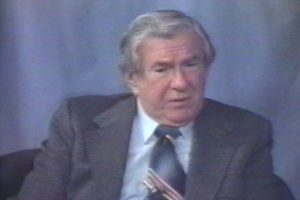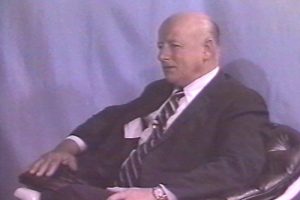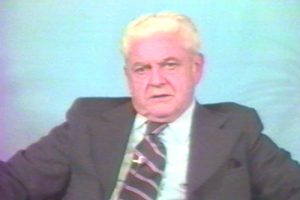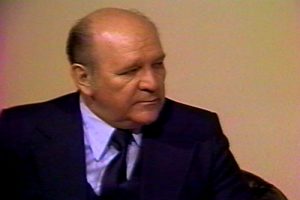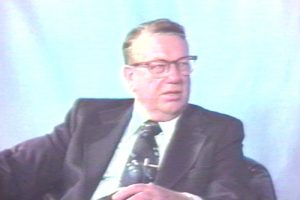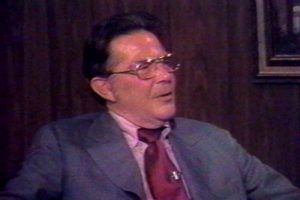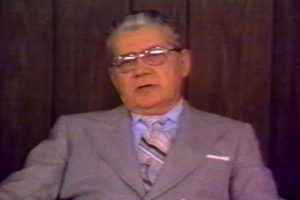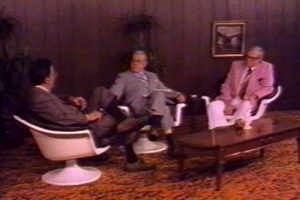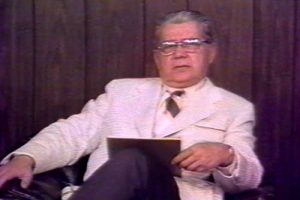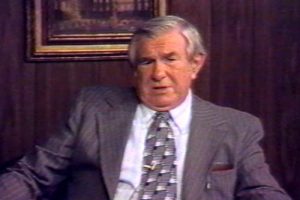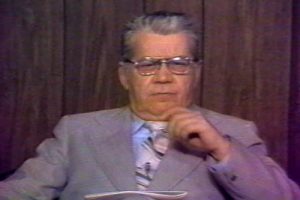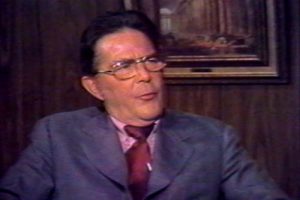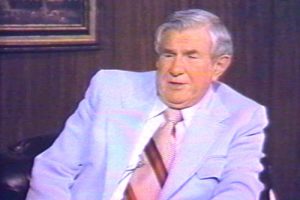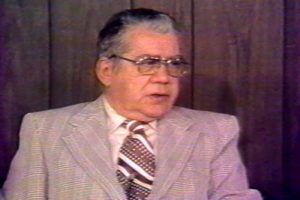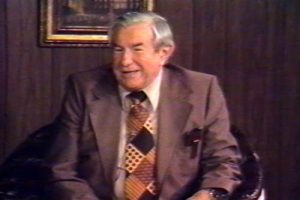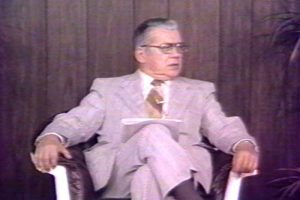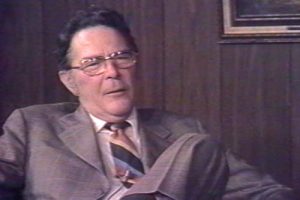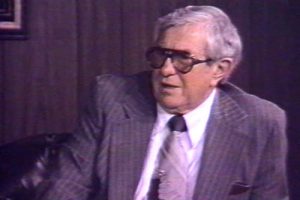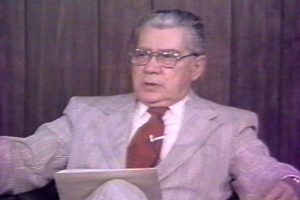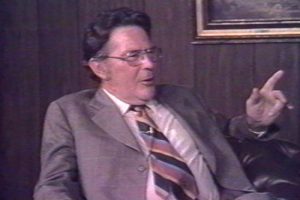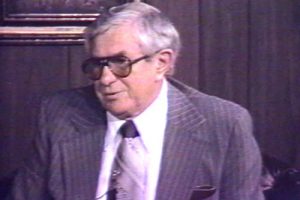 Uncategorized
Uncategorized
201: Preparation for Arbitration
Highlights:
One last attempt at settlement before resort to arbitration, commonly known as “step three and a half”‘, has come into wide-spread usage. At this stage the Parties are more realistic and tend to use their best efforts to conciliate differences.
The three aspects to consider when preparing for arbitration: framing of the issues; witnesses; and the evidence.
Summary Considerations
Objectively appraise the case.
Select credible witnesses who can survive cross-examination.
Define the issue and ascertain the appropriate remedy.
Outline the case presentation with an eye always on the issue.
Consider the ramifications if the case is lost.
| Format | Three member panel discussion |
|---|---|
| Length | 59 Minutes |
| Moderator | James Scearce, Labor Arbitrator, former Director of the FMCS |
| Management’s View | James Jaffe, former V.P. for Industrial Relations, Parke Davis & Co. |
| Labor’s View | Raymond Shetterly, former Director of the Arbitration Services Dept., UAW |
